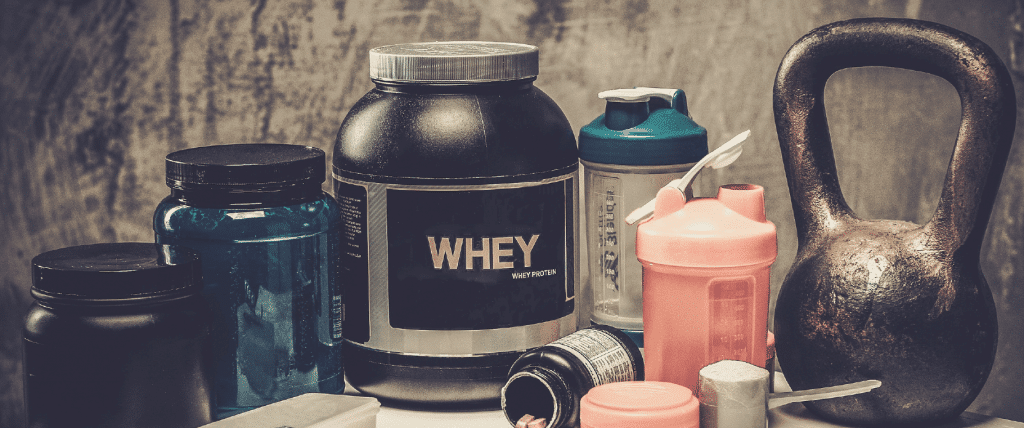If you’ve ever researched how to improve your performance in the gym or on the sporting field, you’ve probably encountered a minefield of information. Sports supplements have become a popular proposed method of improving performance both at an elite and a recreational level, with many supplements claiming to positively enhance performance. While supplements should never replace a balanced diet, those with heavy training schedules or higher micronutrient requirements may benefit from certain supplements when used appropriately.
As with most aspects of nutrition there is rarely a definitive one size fits all approach. Anyone requiring individualised, goal specific dietary advice should seek the help of an Accredited Practising Dietitian or an Accredited Sports Dietitian. Common supplements on the market include protein powders, creatine and caffeine. Today we will discuss these and other supplements that can enhance sporting performance.
Creatine
Creatine is a natural compound found in skeletal muscle and plays a role in energy production, indirectly supplying the body with ATP (a molecule involved in energy transport within cells). Creatine has been associated with reducing fatigue to improve performance during short, high intensity activities. Athletes participating in brief, high intensity sports such as sprinting or those undertaking resistance training may benefit from creatine supplementation. Team sports with intermittent work patterns (e.g. AFL, soccer, rugby etc) may also benefit. Creatine needs to be taken correctly (either a rapid or slow loading dosage), thus it is best to seek the advice of an Accredited Sports Dietitian.
Protein
Protein supplements gain the greatest attention from all levels of athletes, largely due to its role in muscle growth and repair. Sufficient protein can be obtained from food such as red meat, poultry, dairy, fish, eggs, tofu and legumes. Endurance athletes in periods of heavy training and those new to strength training have higher protein needs than the general population. If these individuals are unable to meet their protein needs through diet alone, supplementation can be used strategically to enhance recovery and training outcomes. Research suggests that consuming 20-25g of high quality protein within the hour following exercise helps to upregulate muscle protein synthesis in the body, promoting muscle repair. The use of a protein supplement should be based on individual goals, needs and training loads. Talking with an Accredited Practising Dietitian at Fuel your Life can establish if this is necessary.
Caffeine
Caffeine is a stimulant that is found in leaves, seeds and nuts of multiple plants and is becoming increasingly popular in sport to improve performance. Caffeine stimulates the central nervous system, providing a perception of decreased fatigue and ease of effort. Research suggests 1-3mg caffeine per kg body weight is sufficient to improve performance.
Athletes participating in team sports, endurance activities or in high intensity, short duration sports are thought to have the greatest benefits from caffeine but should work with their Accredited Sports Dietitian to determine the most effective dose of caffeine to maximise goals whilst minimising potential adverse side effects such as gastrointestinal discomfort and anxiety.
Dietary Nitrate
One of the main actions of nitrate (in the form of nitric oxide within the body) is its action as a vasodilator, widening blood vessels to allow more blood and oxygen to be delivered to muscles. Dietary nitrate is found in a range of vegetables but due to beetroot juice’s particularly high concentration of nitrate has led to used as a sports supplement in recent years. Recent research shows nitrate to be beneficial to endurance athletes, allowing them to train longer and harder with improved efficiency. More recently, the use of nitrate has shown benefit to athletes undertaking team sports, high intensity sports with a duration between 12-40 mins as well as those who train at altitude.
Ongoing research is necessary to gather sufficient data on timing, dosages and side effects to ensure it is being used effectively by athletes. An Accredited Practising Dietitian will be able to assess your particular needs and recommend if and how much nitrate supplementation would be beneficial for you as an individual.







